Pope Leo XIV won’t earn a typical salary but will have all living, travel, and official expenses fully covered by the Vatican.
As Pope Leo XIV takes office, many wonder about the financial benefits of leading over a billion Catholics.
Unlike heads of state or global CEOs, the Pope’s position is deeply spiritual, grounded in religious service and tradition rather than material reward.
Though he leads Vatican City, the papacy differs greatly from secular leadership roles.
Table of Contents
ToggleThe Pope receives no official salary, but all his needs are fully covered.
Despite holding one of the most influential positions in the world, the Pope does not earn a conventional salary.
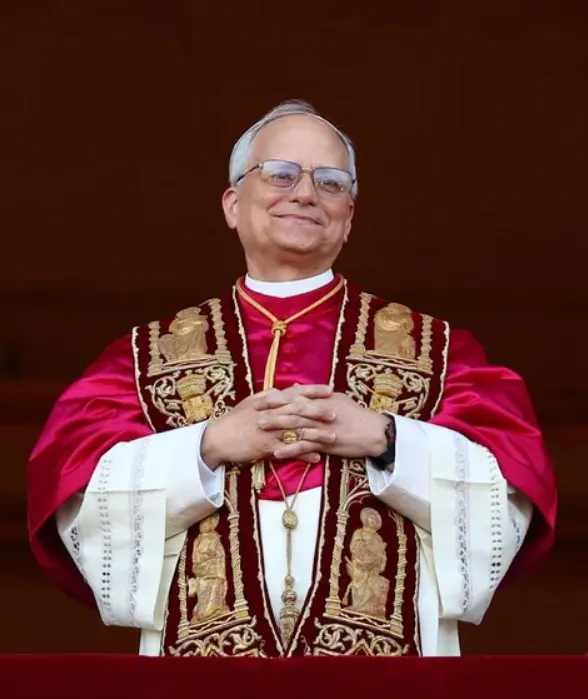
Instead, the Vatican covers every aspect of the pontiff’s life—from food and lodging to medical care and transportation.
The idea is simple: the Pope is not a careerist but a shepherd to the faithful.
His basic needs are met, so he can devote himself fully to his spiritual mission.
The Pope lives a life modeled on humility and service.
Pope Francis, who served from 2013 to 2025, made it clear that humility and simplicity were core to his identity.
In a personal gesture of modesty, he declined any personal income and chose to live in the relatively modest Domus Sanctae Marthae instead of the luxurious Apostolic Palace.
This decision echoed the example of St. Francis of Assisi and stood in contrast to perceptions of grandeur often associated with the Church.
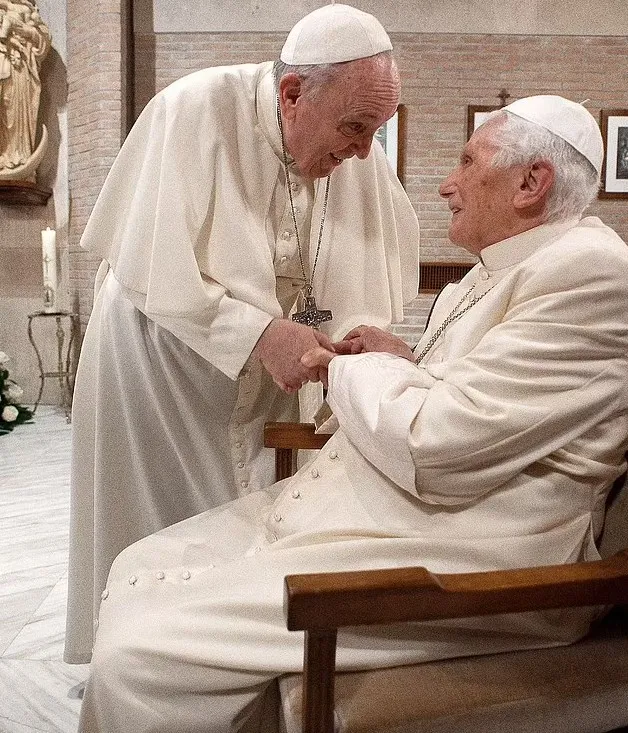
How much will Pope Leo XIV earn in his new role?
The Pope could technically receive a symbolic salary of about €2,500 per month ($2,800). However, none in recent memory have accepted it.
Instead, the Vatican provides what amounts to a comprehensive support system, enabling the Pope to lead without personal financial concerns.
This setup emphasizes the spiritual and moral authority of the role rather than its material benefits.
The Pope may not receive a wage, but that does not mean he lives without access to resources.
Pope Francis, for example, had use of Vatican assets including transportation, residences, and charitable funds.
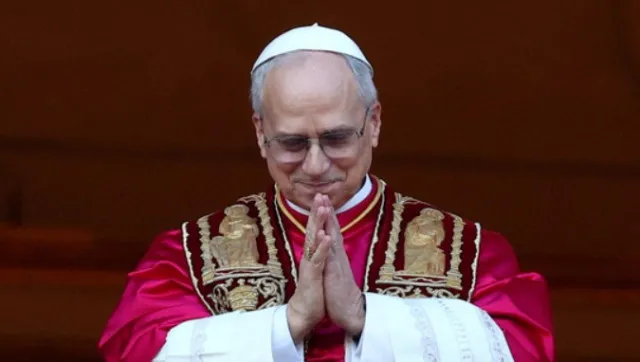
His net worth, often estimated at around £12 million ($14 million), primarily reflects these privileges and not personal holdings or income.
These assets are used to support papal duties, including charitable outreach.
Francis donated €200,000 ($225,000) to prisoners, showing his discretion in supporting causes aligned with Christian values.
Vatican finances and global contributions
Vatican operations are largely supported by a combination of donations, investment revenue, and income from tourism.
One major annual source is Peter’s Pence, a worldwide collection that raises around £20 million ($23 million), with large portions coming from countries like the United States, Germany, and Italy.
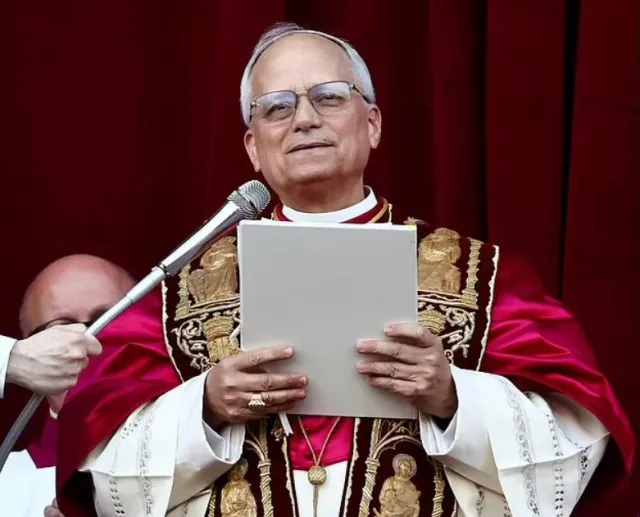
These contributions help fund the Vatican’s religious, administrative, and humanitarian activities.
Despite popular assumptions of vast wealth, the Vatican’s financial situation has been increasingly fragile.
In 2023, a £70 million ($79 million) deficit raised concerns about Vatican pension sustainability.
To counteract financial strain, Pope Francis implemented reforms, including pay cuts and housing adjustments.
Church officials faced widespread salary reductions.
In a bold move toward austerity, Francis announced salary cuts in 2021.
Cardinals saw a 10% reduction, bringing their monthly earnings to between €3,600 ($4,049) and €4,950 ($5,567).
Bishops now earn about €3,000 ($3,374), while ordinary priests in Rome make closer to €1,200 ($1,349).
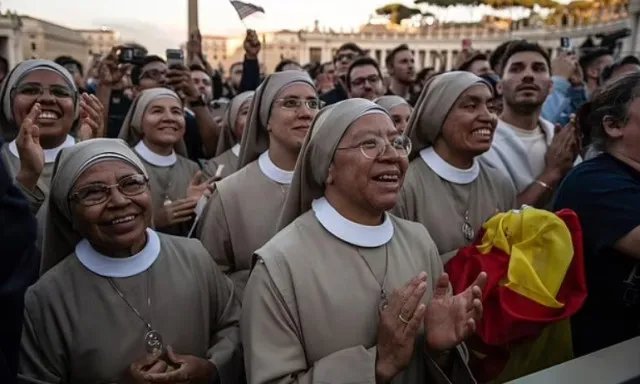
These cuts were meant to balance the budget and reflect a new era of financial responsibility within the Church.
Monks and nuns, particularly those who take vows of poverty, typically do not earn salaries.
When they serve in administrative roles, they may receive stipends or allowances, but their lives are largely centered on communal living and spiritual devotion.
This underscores the Church’s broader mission of service over wealth.